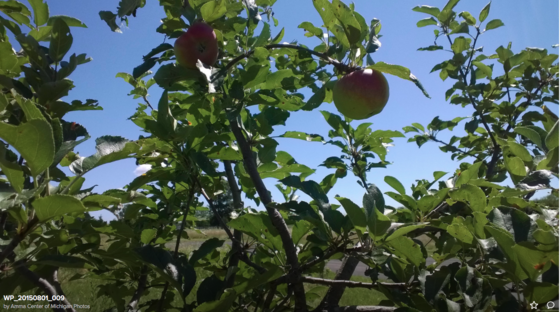Amrita Farms

We are devoted to community enrichment through agri-science research and education. We facilitate real-world and hands-on education programs designed to empower people through nature. We invite you to have a look around, check out our sustainable farm systems, integrated research projects, and upcoming education events. ‘Families and neighbors have enjoyed picking the freshest variety of healthy apples with opportunities to also order amazing hand pressed cider. We love to have guests and give tours. Please contact us to learn more and visit our website https://amritafarms.com/
Coordinator
Chad Kymal // 734.604.6552
